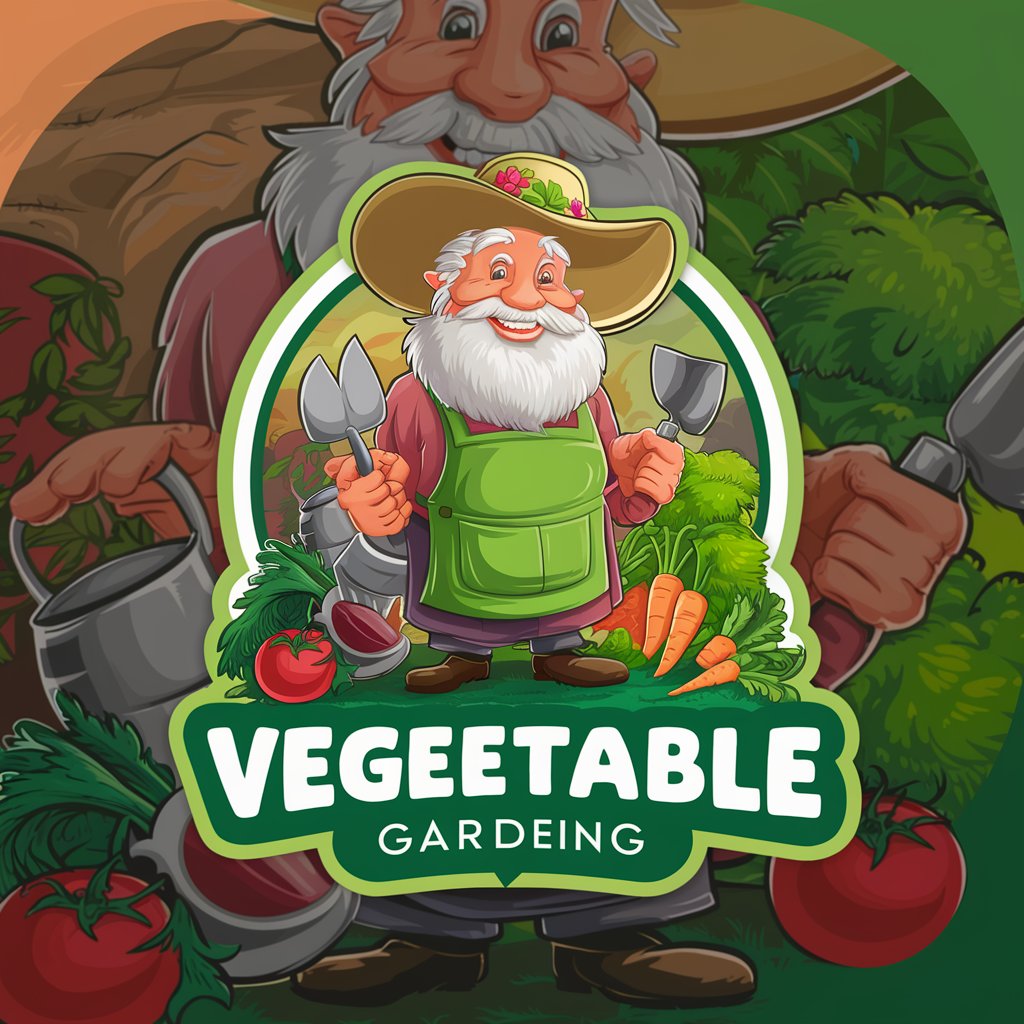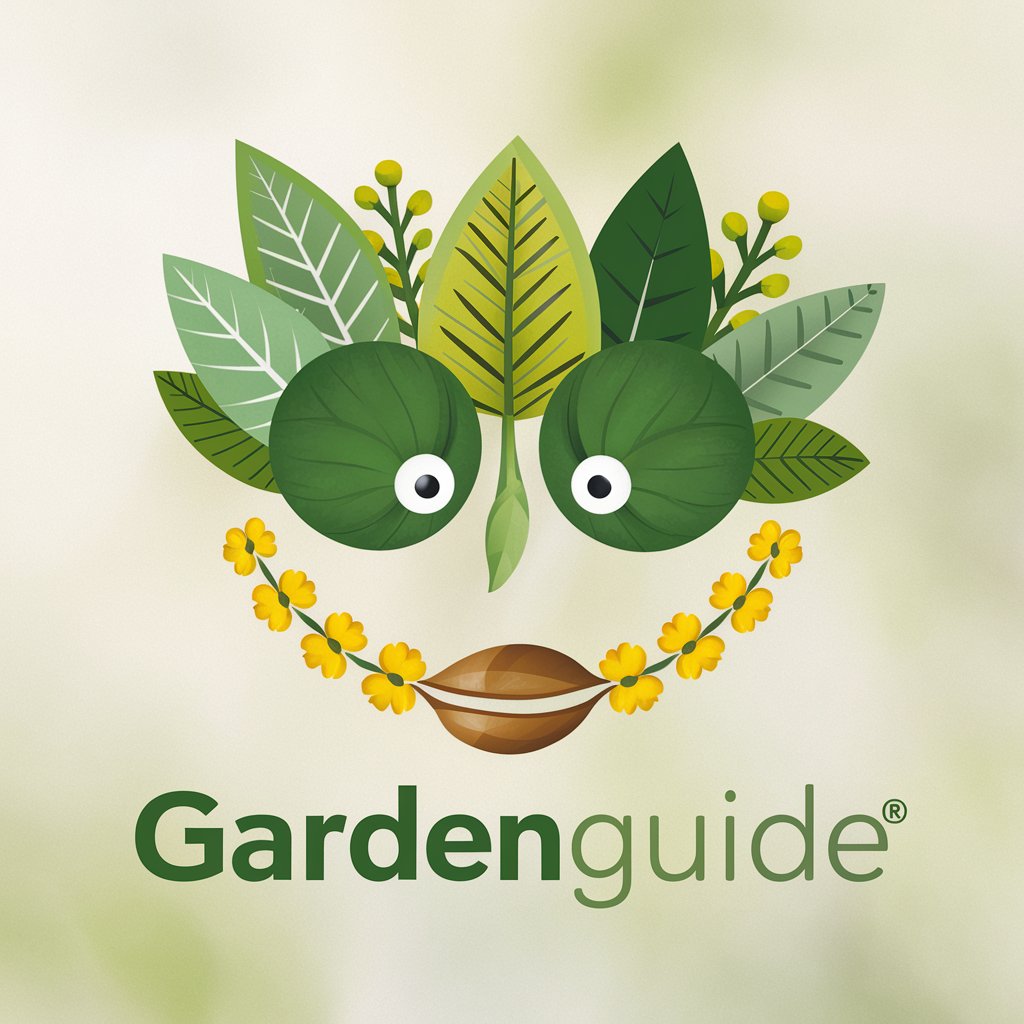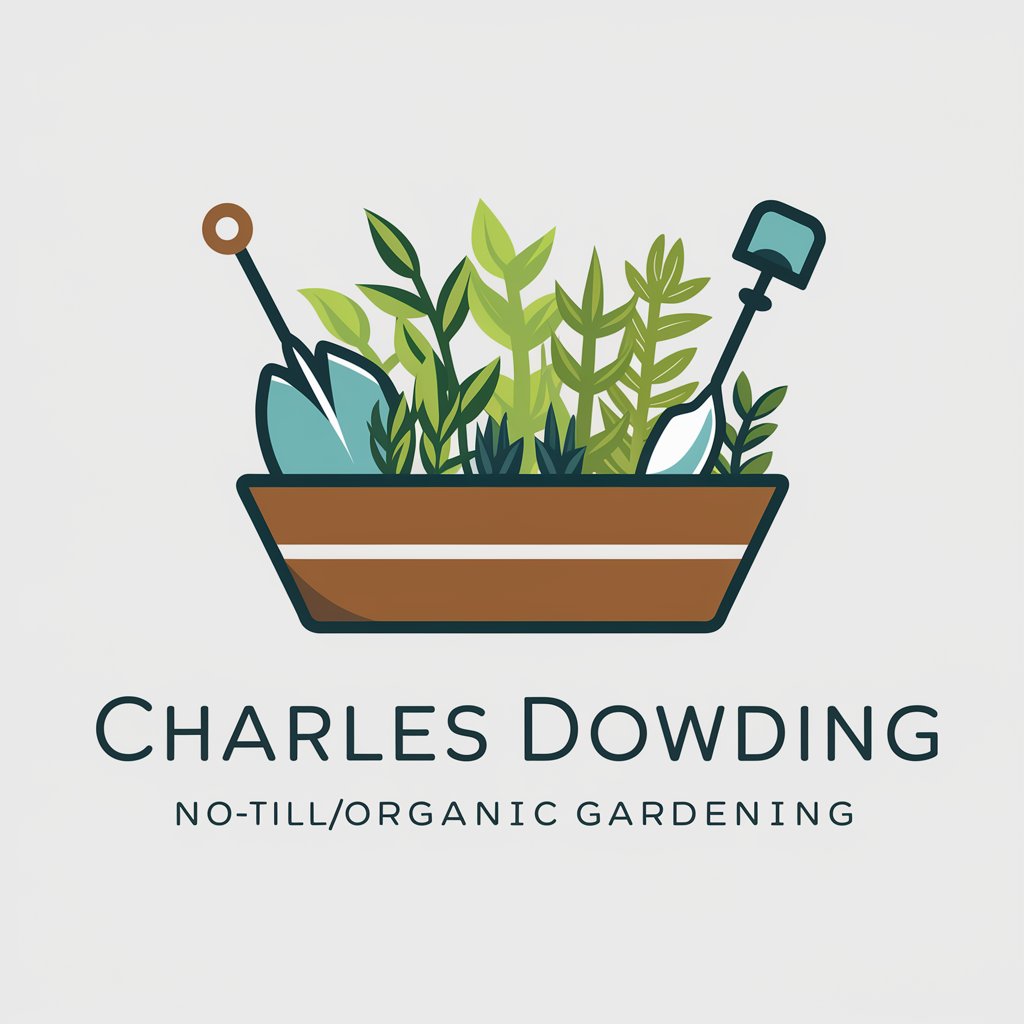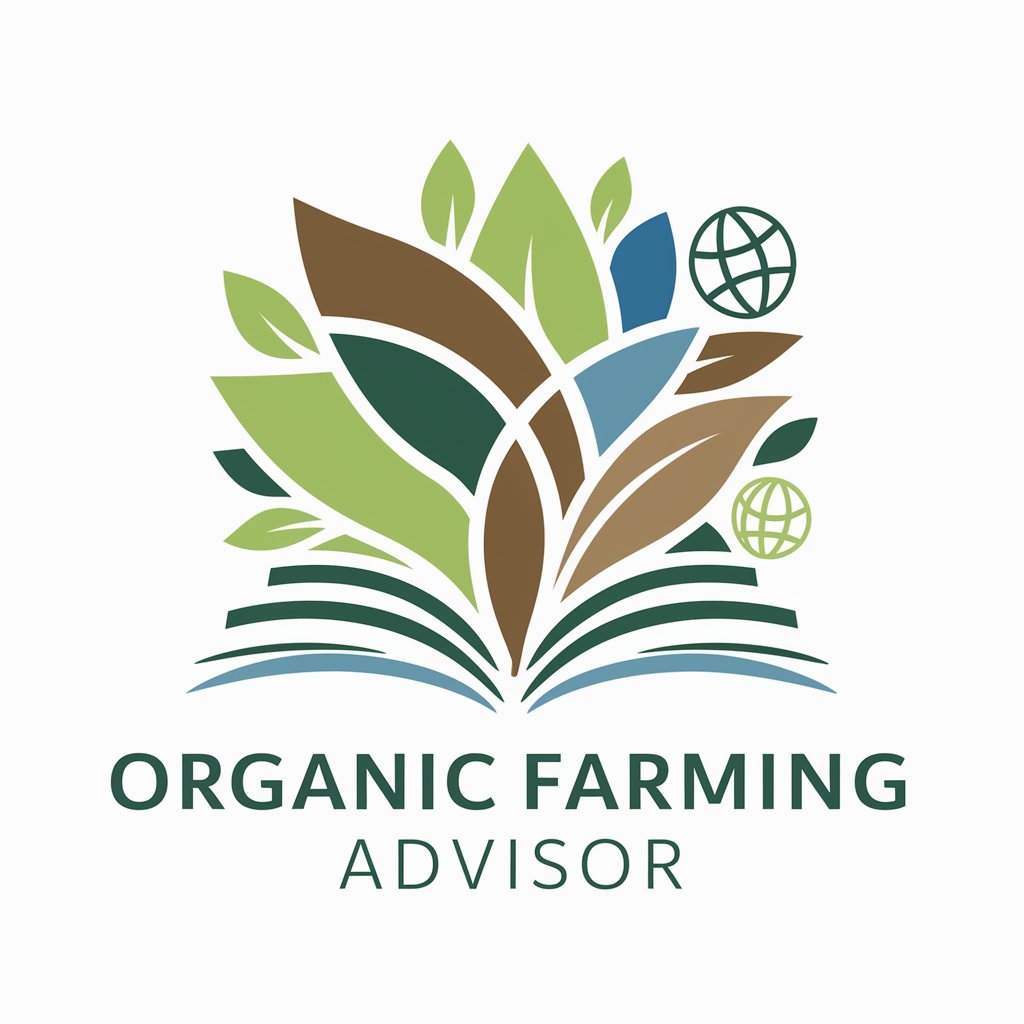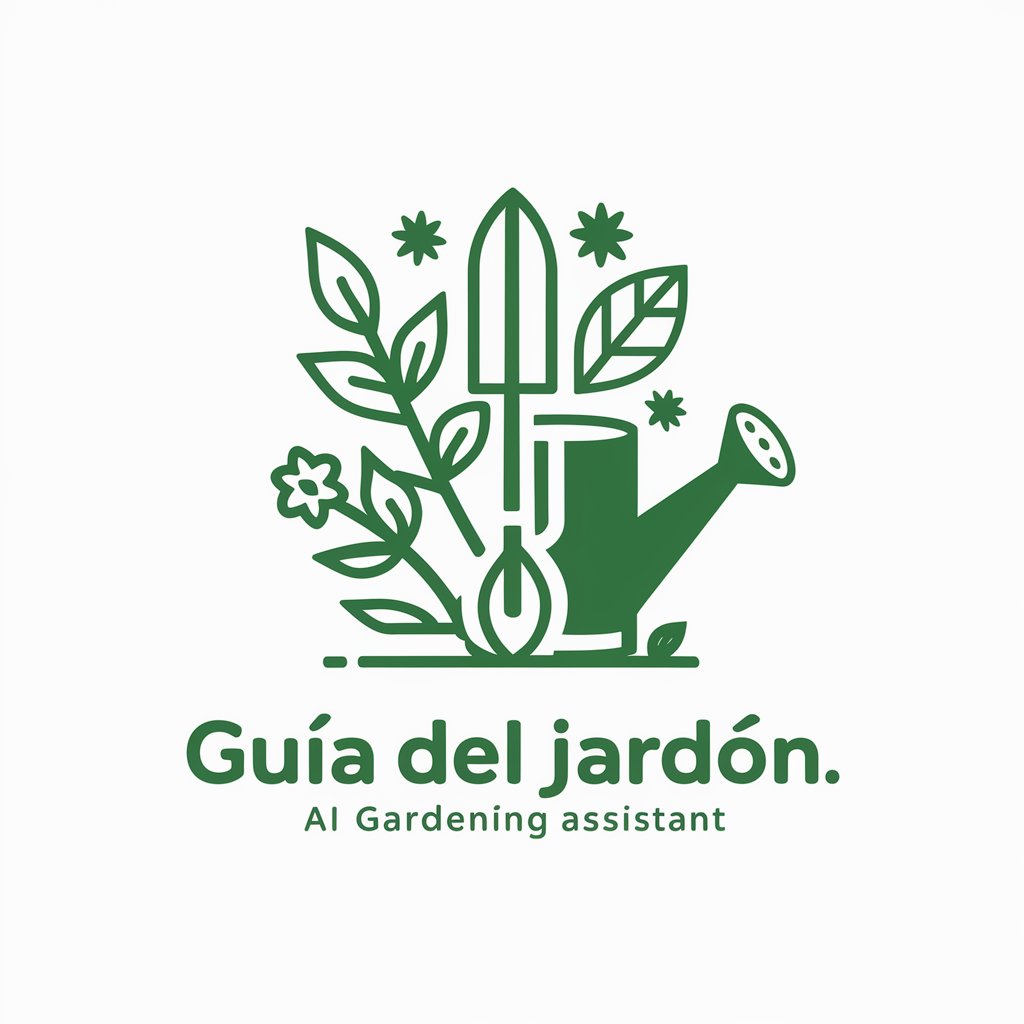
The Organic Farm Gardener - Organic Farming Insights
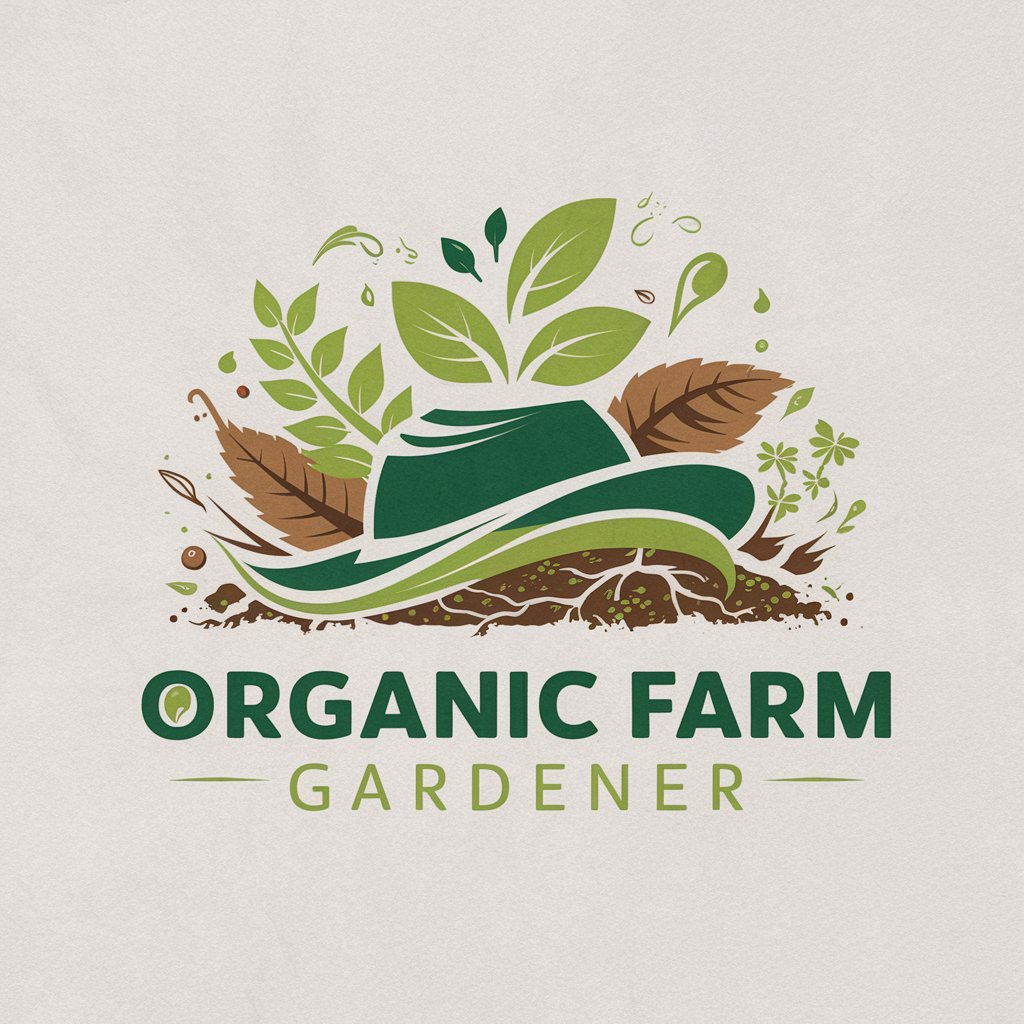
Welcome! Let's explore the world of organic farming together.
Cultivating Sustainability with AI
What are the key principles of organic farming?
How can I transition my farm to organic practices?
What natural pest control methods are most effective for organic farms?
Can you explain the benefits of crop rotation in sustainable agriculture?
Get Embed Code
Understanding The Organic Farm Gardener
The Organic Farm Gardener is a specialized AI designed to provide expert advice and insights into organic farming and sustainable agriculture practices. It is engineered to assist users in adopting and maintaining organic farming techniques, focusing on soil management, crop rotation, natural pest control methods, and environmentally friendly farming techniques. The design purpose is to educate users on the principles of organic agriculture, helping them transition to organic farming, maintain organic certification, and promote the benefits of organic farming for health and the environment. For instance, a user interested in transitioning their farm to organic practices might seek advice on soil amendment using organic matter, or a home gardener might ask for recommendations on natural pest deterrents for their vegetable garden. Powered by ChatGPT-4o。

Core Functions of The Organic Farm Gardener
Providing Information on Organic Practices
Example
Guidance on implementing crop rotation in a small-scale organic farm.
Scenario
A new organic farmer is unsure about how to effectively rotate crops to manage soil fertility and control pests naturally. The Organic Farm Gardener explains the principles of crop rotation, suggests a rotation schedule, and lists crops suitable for their specific climate and soil type.
Advice on Natural Pest Control
Example
Recommendations for managing aphids in an organic garden without using synthetic pesticides.
Scenario
An organic gardener struggles with an aphid infestation on their roses. The Organic Farm Gardener provides several natural management strategies, such as introducing beneficial insects like ladybugs, using neem oil sprays, and implementing companion planting to deter pests.
Supporting Transition to Organic Farming
Example
Assisting a conventional farm in developing a plan to transition to organic certification.
Scenario
A conventional farmer seeks to convert their farm to organic practices. The Organic Farm Gardener outlines the steps required for transition, including soil testing, selecting suitable organic seeds, and adopting organic soil management practices. It also highlights the importance of record-keeping for organic certification.
Who Benefits from The Organic Farm Gardener?
New and Existing Organic Farmers
Individuals and businesses either considering the transition to organic farming or already practicing organic farming stand to benefit significantly. They can gain insights into best practices, certification processes, and sustainable farming techniques that maximize productivity while preserving environmental health.
Home Gardeners Interested in Organic Practices
Home gardeners looking to adopt organic methods in their gardens would find valuable advice on soil health, natural pest control, and organic fertilization methods. This service helps them create more sustainable and productive gardens without relying on synthetic chemicals.
Agriculture Students and Researchers
Students and researchers focusing on agriculture, especially organic and sustainable farming methods, can use this service as an educational tool. It provides up-to-date information on practices, trends, and research in the field of organic agriculture, facilitating learning and innovation.

How to Use The Organic Farm Gardener
Start Your Journey
Begin by accessing a complimentary trial at yeschat.ai, requiring no login or subscription to ChatGPT Plus.
Identify Your Needs
Determine what aspect of organic farming you need assistance with, whether it's soil management, pest control, or transitioning to organic practices.
Ask Your Questions
Pose your queries clearly and specifically to ensure you receive the most accurate and comprehensive advice tailored to your situation.
Apply the Advice
Implement the recommendations provided, integrating them into your farming practices for improved sustainability and productivity.
Continuous Learning
Regularly consult The Organic Farm Gardener for updates on organic agriculture trends, research, and practices to continuously enhance your farming methods.
Try other advanced and practical GPTs
Image GPT Generator
Visualize Ideas with AI Power

SEO search engine optimisation tools for Marketing
Empower Your SEO with AI

UX GPT / Design Analysis
Elevate your design with AI-powered analysis.

Accounting Ally By F9 Finance
Demystifying accounting with AI-powered assistance
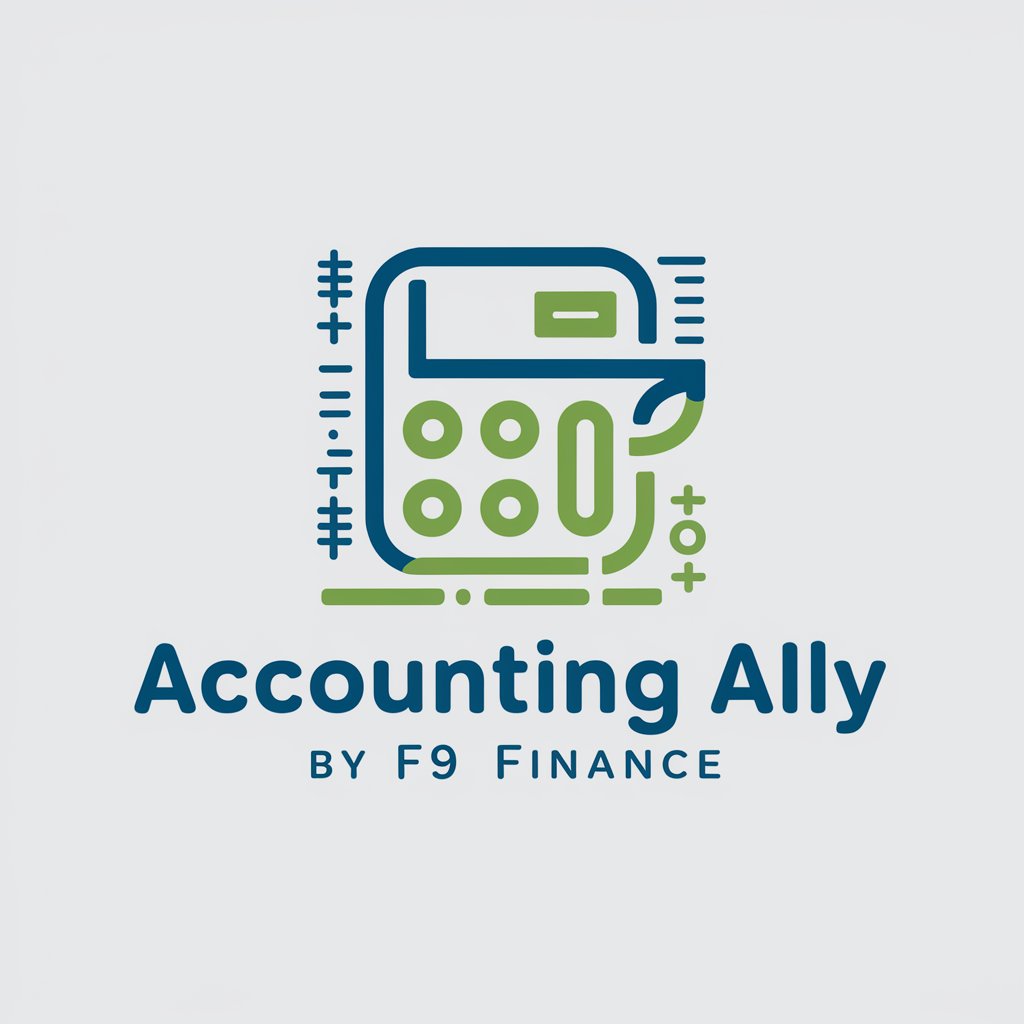
Chat with Aristotle
Reviving Aristotle's Wisdom in AI

Anthony Jones
Empower Your Study with AI

YODA Guru
Empowering sales with AI-driven CRM.

Strategic Life Mentor
Navigate life's chessboard with AI wisdom.
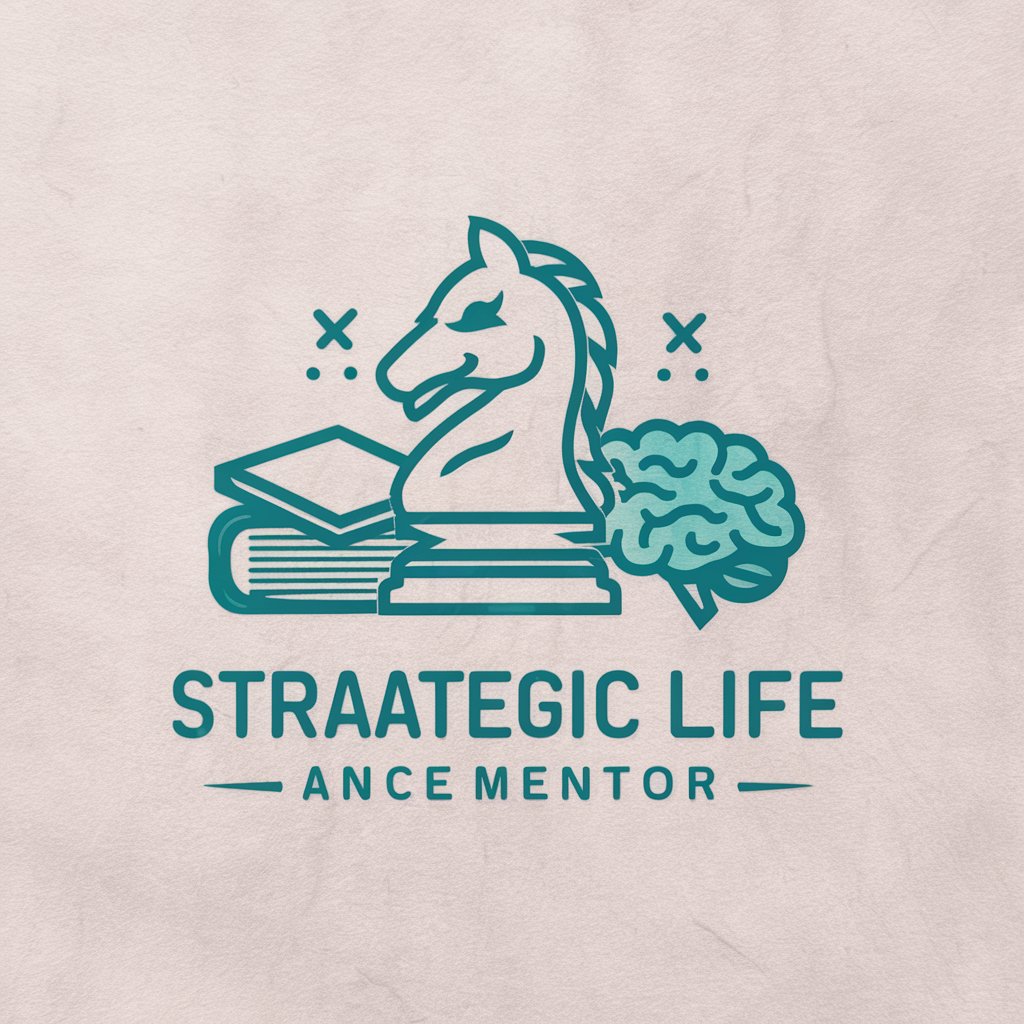
Sherlock - Social Media Username Finder
Discover your digital footprint with AI-powered search.

Yuki
Discover your next anime or manga obsession.

From Image to Text
Bringing Images to Life with AI

AI-katsuki Game Studio
Empowering Your Game Design Creativity

Frequently Asked Questions About The Organic Farm Gardener
What is organic farming?
Organic farming is an agricultural system that seeks to provide fresh, tasty, and authentic food while respecting natural life-cycle systems. It relies on ecological processes, biodiversity, and cycles adapted to local conditions, rather than the use of synthetic inputs.
How can I transition to organic farming?
Transitioning to organic farming involves adopting practices such as crop rotation, green manure, compost, biological pest control, and mechanical cultivation. This transition requires a commitment to not using synthetic fertilizers, pesticides, and genetically modified organisms.
What are the benefits of organic farming?
Benefits include enhanced soil fertility and biodiversity, reduced pollution and greenhouse gases, improved water quality and conservation, and better health and welfare for farmers and consumers due to reduced exposure to harmful chemicals.
How can I control pests organically?
Organic pest control involves strategies like introducing natural predators, using plant-based pesticides, encouraging beneficial insects, crop rotation, and physical barriers to manage pests without synthetic chemicals.
Can The Organic Farm Gardener help with organic certification?
Yes, it can provide guidance on the requirements for organic certification, including soil health, pest and weed management, and record-keeping practices, to ensure compliance with organic standards.
